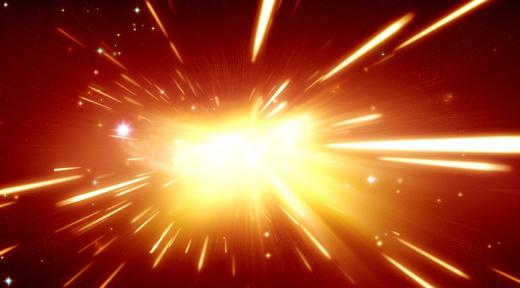What are Some Unsolved Problems in Cosmology?
 Michael Anissimov
Michael Anissimov
Cosmology, the study of the universe, is plagued by numerous unsolved problems. Historically, these unsolved problems prompted new developments in physics which went on to revolutionize the field, but in the last half-century, cosmologists have been discovering new problems and providing fewer corresponding solutions. Finding the solutions to these problems may require radical new thinking, and more tolerance towards hiring PhDs inclined to pursue their own ideas rather than just following those of senior scientists.
One of the most conspicuous problems in cosmology is the cosmological constant, which governs the expansion of the universe, also known as dark energy. A substantial portion, about 60%, of the mass-energy in the universe is in a form of mysterious energy that is pushing the cosmos apart at an accelerating rate. What is this energy, and where does it come from? Cosmologists have no real idea.

Although given a similar name, there is another problem in cosmology, the so-called dark matter, which is actually unrelated to dark energy, except insofar as they involve things we don’t understand. About 90% of the mass in the universe is in an apparently invisible form of matter that we call dark matter. This dark matter can only be measured by the gravitational pull it has on objects around it, and all galaxies we observe contain large halos of it, often extending for hundreds of thousands of light years beyond the edge of luminous matter. Is this dark matter actual matter, such as weakly interacting massive particles (WIMPs), or perhaps it is just an observational artifact caused by an improper theory of gravity? Any cosmologist that figures this out would be practically guaranteed a Nobel Prize, yet none has succeeded.
Another mystery is why there is so much more matter than antimatter in the universe. According to physical theories, these forms of matter are essentially equivalent, but conventional matter is observed in much greater abundances than antimatter. Was there a very large amount of both types in the early universe, and they mostly annihilated with one another to leave today’s matter? Or was there a whole lot more conventional matter from the start? If you’re a cosmologist, this is the sort of thing that keeps you up at night.
Some of the answers to the above questions may be derived from the anthropic principle – the idea that is the observed values were much different, the universe would be hostile to life and thus there would be no cosmologists to be asking these questions. But others see the anthropic principle as a cop-out, because it offers a convenient explanation for practically anything we want it to. There are numerous other unsolved problems in cosmology, having to do with the generation of mass for neutrinos, the question of entropy in the distant past, and conditions of the universe immediately after the Big Bang. If you want to learn more, go read a book on the topic by a respected cosmologist.
AS FEATURED ON:
AS FEATURED ON:











Discuss this Article
Post your comments